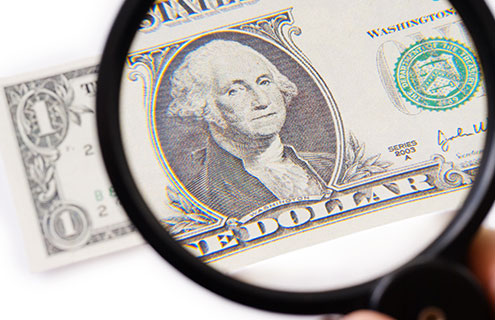Making the 831(b) tax election is not always the right choice for small captives, heard attendees of the Captive Insurance Companies Association (CICA) International Conference.
Daniel Kusaila, tax partner at Crowe Horwath, noted during a comprehensive session on small captives that meeting the $1.2 million premium limit did not automatically qualify an insurer as a candidate.
Net operating losses can’t be carried forward or back from a year in which the company elected 831(b), he explained, while underwriting losses can’t be used to offer consolidated taxable income. “If your company has huge losses, you may end up getting hurt,” added Kusaila.
Tim Tarter, partner at tax law firm Woolston & Tarter, said: “There is no surprise that 831(b) captives are under Internal Revenue Service (IRS) scrutiny.”
In 2015 and again this year, small captives were named and shamed as possible ‘Dirty Dozen’ tax scams. Tarter noted that the captive industry is under the impression that all small captives are under IRS scrutiny, however, it is just a select number, he assured attendees.
Another panellist, Charles Lavelle, senior partner at law firm Bingham Greenebaum Doll, discussed the recent changes brought about by the Tax Hikes Act of 2015. He explained: “The three goals of the amendments are narrow and don’t go into effect until 2017. Over the next year there might be interpretation by the IRS.”
He also discussed what has remained the same, noting: “The amendments don’t have anything to do with the definition of insurance. The arrangement that qualified as insurance before the amendments remains a good insurance arrangement after the amendments.”
Anne Marie Towle, vice president and senior captive consultant in Willis Towers Watson’s global captive practice, went on to discuss the most publicised amendment, which will increase the premium limit for 831(b) qualification.
She explained: “The increased premium limit now creates opportunities for captives between $1.2 million and $2.2 million to consider the 831(b) election.”
“The premium limit increase also creates opportunities for groups to develop captives to address key exposures with $2.2 million providing a material amount of funding.”






